"Many are anxious over Mladić cables"
Wednesday, 01.12.2010.
12:38

"Many are anxious over Mladic cables" B92: Opinions on this are divided. Some think that this is an affair which will perhaps embarrass the U.S. diplomacy, but will not seriously shake it, while others such as Italian FM Franco Frattini say that this is an affair which could have consequences akin to the 9/11 attack. Which opinion do you subscribe to? Smajlovic: I’m leaning toward the opinion that this a tremendously important thing, that nothing of the kind had ever happened before, that everything what's behind principles is now becoming obvious. Every country claims that everything it does in its foreign policy is in the interest of human rights, well-being around the world, world peace, but we have learned from these cables, dispatches what real motives were, what real analyses were, what Americans knew about what was going on in the world, how they were "winking" at some of their partners and allowed them act, while they were publicly giving completely different explanations for their actions. B92: A comment in the British media said something along the line of, "oh come on, didn’t we know all this? Don’t we know that politics is very dirty and that things often aren’t the way they are presented to the public?” Smajlovic: I saw one of our witty comments on the Blic (Belgrade-based daily) website which said, “Are we going to find out now that Americans were taking Kosovo away from us?” These things were known, but it’s completely different when it they are proved. I’ll remind you that former journalist of (daily) Politika Svetlana Mekina succeeded in something similar. She revealed a stenograph of a conversation in which Americans dictated to the Slovenian diplomats all the things they needed to do, both when it came to Kosovo and European relations with Moscow. (The report) brought down the (Slovenian) government, it first toppled (Foreign) Minister Dimitrij Rupel, and then the government. B92: Slovenia mentioned again in these documents as a country which was asked to take at least one prisoner from Guantanamo. Smajlovic: Yes. I noticed today that CNN often used the term “strong-arm tactics”, that these cables reveal that American diplomats were twisting arms. They would say things like, "unless you do this for us, you can't see Obama”. And since everybody cares a lot about being received by (U.S. President Barack) Obama, it sometimes works. Slovenians carried out some orders, many small countries are often forced to obey orders. Look at this small (Pacific island of) Kiribati, which recently recognized Kosovo, now it turns out that they were offered I don’t know how much money to accept someone (Guantanamo prisoners). B92: This story could perhaps be seen on two levels. It may be interesting to the wider public to learn how the U.S. ambassadors in various countries describe European officials, Putin, Berlusconi, Sarkozy, or Angela Merkel, who was compared to a teflon frying pan. But there is another, far more serious part of the story, which maybe reveals what’s “cooking” when it comes to Iran, and perhaps what's more interesting to us, how UN high officials were being spied on. Five dailies report that according to the Wikileaks information, some U.S. diplomats were spying on UN officials, on Hillary Clinton's orders. Smajlovic: Yes, it’s probably pretty uncomfortable being a U.S. diplomat in some parts of the world right now, although I have to say that what’s also visible from these cables is that some those U.S. foreign policy analyses are excellent. I recommend the analysis of the Turkish foreign policy, which concerns us and which is really extraordinary. You’ll find words of the former U.S. ambassador to Pakistan who is extremely critical, who predicts that some parts of the American policy toward the country will fail, and it gives a very good analysis about why. The U.S. foreign policy should not be underestimated. There are rumors here, gossip and fun details, but the level of these analyses is actually considerable. B92: What’s your comment on a rather mild, diplomatically worded reaction of the UN which consists of three sentences? In the second sentence, they say the UN is a transparent organization and in the third, they repeat that their officials have diplomatic immunity. Let’s remind the viewers that by order of Hillary Clinton or somebody else from Washington, UN officials were monitored, including how often they travel by plane, their credit cards numbers and what they were buying. Why do you think they did this? This wasn’t a first. Why is the UN so important to the American policy? Smajlovic: Of course the UN is important and Americans are trying to exert as much influence as they can at the UN, because the only way to give legitimacy and legality to your foreign policy is via the UN. That’s quite clear. B92: That’s now possible without the UN. Smajlovic: No, it is not. B92: We’ve seen it in the examples of Serbia and Iraq. Smajlovic: I think it's exactly the opposite - the examples of Serbia and Iraq (show) that everything remains forever debatable when you don’t have the consent of the UN. B92: The intervention against Serbia (1999 NATO bombing) was without the consent of the UN, the UN was ignored then. Smajlovic: It was ignored in Iraq (2003 invasion) as well, but now when the (British) government has fallen, when Tony Blair left, opinions of legal experts that it was illegal come out, various crimes, those are important things. I would just like to warn that the use of the word “transparent” is interesting. The UN are saying to us is this:"we know that we are on your soil, that you can do this, even if you are wiretapping us, the UN policy is peaceful and transparent. Even if you publish our conversations, no war crimes or unpleasant facts would come out, unlike in the case of the U.S., where facts unpleasant not only for host-countries but also to Americans, are coming out”. B92: The Guardian has announced that it would continue to publish the documents, it said interesting things regarding Serbia, Ratko Mladic has been mentioned. We tried to contact our colleagues at The Guardian, but they did not wish to share the details about what will be published in the next several days. We know for now that Minister Vuk Jeremic has been mentioned and about the not-so-high opinion of a French diplomat about him. What do you expect regarding Ratko Mladic? Smajlovic: The Guardian says that we will find out why the famous war criminal was not found and arrested. I suppose that many people in Belgrade and other capitals around the world are pretty anxious, because of the things which will be said in the next few days. Very often you have confidential conversations with U.S. diplomats because the goal is that they understand the situation in your country better, because you want the influence the U.S. policy toward your country. But in order to achieve such influence you offer U.S. diplomats information which could compromise you if it comes out. I assume that many things from personal communication will come out and that many people in Belgrade and Washington would prefer this would not happen.” TV B92's Ljubica Gojgic sat down with Association of Journalists of Serbia (UNS) President and former Politika editor-in-chief Ljiljana Smajlovic to discuss "cablegate" - a massive leak of U.S. diplomatic documents, published by the whistleblower website WikiLeaks. The transcript of their conversation is available below B92 TV B92's Ljubica Gojgic sat down with Association of Journalists of Serbia (UNS) President and former Politika editor-in-chief Ljiljana Smajlovic to discuss "Cablegate".
"Many are anxious over Mladić cables"
B92: Opinions on this are divided. Some think that this is an affair which will perhaps embarrass the U.S. diplomacy, but will not seriously shake it, while others such as Italian FM Franco Frattini say that this is an affair which could have consequences akin to the 9/11 attack. Which opinion do you subscribe to?Smajlović: I’m leaning toward the opinion that this a tremendously important thing, that nothing of the kind had ever happened before, that everything what's behind principles is now becoming obvious. Every country claims that everything it does in its foreign policy is in the interest of human rights, well-being around the world, world peace, but we have learned from these cables, dispatches what real motives were, what real analyses were, what Americans knew about what was going on in the world, how they were "winking" at some of their partners and allowed them act, while they were publicly giving completely different explanations for their actions.
B92: A comment in the British media said something along the line of, "oh come on, didn’t we know all this? Don’t we know that politics is very dirty and that things often aren’t the way they are presented to the public?”
Smajlović: I saw one of our witty comments on the Blic (Belgrade-based daily) website which said, “Are we going to find out now that Americans were taking Kosovo away from us?” These things were known, but it’s completely different when it they are proved. I’ll remind you that former journalist of (daily) Politika Svetlana Mekina succeeded in something similar. She revealed a stenograph of a conversation in which Americans dictated to the Slovenian diplomats all the things they needed to do, both when it came to Kosovo and European relations with Moscow. (The report) brought down the (Slovenian) government, it first toppled (Foreign) Minister Dimitrij Rupel, and then the government.
B92: Slovenia mentioned again in these documents as a country which was asked to take at least one prisoner from Guantanamo.
Smajlović: Yes. I noticed today that CNN often used the term “strong-arm tactics”, that these cables reveal that American diplomats were twisting arms. They would say things like, "unless you do this for us, you can't see Obama”. And since everybody cares a lot about being received by (U.S. President Barack) Obama, it sometimes works. Slovenians carried out some orders, many small countries are often forced to obey orders. Look at this small (Pacific island of) Kiribati, which recently recognized Kosovo, now it turns out that they were offered I don’t know how much money to accept someone (Guantanamo prisoners).
B92: This story could perhaps be seen on two levels. It may be interesting to the wider public to learn how the U.S. ambassadors in various countries describe European officials, Putin, Berlusconi, Sarkozy, or Angela Merkel, who was compared to a teflon frying pan. But there is another, far more serious part of the story, which maybe reveals what’s “cooking” when it comes to Iran, and perhaps what's more interesting to us, how UN high officials were being spied on. Five dailies report that according to the Wikileaks information, some U.S. diplomats were spying on UN officials, on Hillary Clinton's orders.
Smajlović: Yes, it’s probably pretty uncomfortable being a U.S. diplomat in some parts of the world right now, although I have to say that what’s also visible from these cables is that some those U.S. foreign policy analyses are excellent. I recommend the analysis of the Turkish foreign policy, which concerns us and which is really extraordinary. You’ll find words of the former U.S. ambassador to Pakistan who is extremely critical, who predicts that some parts of the American policy toward the country will fail, and it gives a very good analysis about why. The U.S. foreign policy should not be underestimated. There are rumors here, gossip and fun details, but the level of these analyses is actually considerable.
B92: What’s your comment on a rather mild, diplomatically worded reaction of the UN which consists of three sentences? In the second sentence, they say the UN is a transparent organization and in the third, they repeat that their officials have diplomatic immunity. Let’s remind the viewers that by order of Hillary Clinton or somebody else from Washington, UN officials were monitored, including how often they travel by plane, their credit cards numbers and what they were buying. Why do you think they did this? This wasn’t a first. Why is the UN so important to the American policy?
Smajlović: Of course the UN is important and Americans are trying to exert as much influence as they can at the UN, because the only way to give legitimacy and legality to your foreign policy is via the UN. That’s quite clear.
B92: That’s now possible without the UN.
Smajlović: No, it is not.
B92: We’ve seen it in the examples of Serbia and Iraq.
Smajlović: I think it's exactly the opposite - the examples of Serbia and Iraq (show) that everything remains forever debatable when you don’t have the consent of the UN.
B92: The intervention against Serbia (1999 NATO bombing) was without the consent of the UN, the UN was ignored then.
Smajlović: It was ignored in Iraq (2003 invasion) as well, but now when the (British) government has fallen, when Tony Blair left, opinions of legal experts that it was illegal come out, various crimes, those are important things. I would just like to warn that the use of the word “transparent” is interesting. The UN are saying to us is this:"we know that we are on your soil, that you can do this, even if you are wiretapping us, the UN policy is peaceful and transparent. Even if you publish our conversations, no war crimes or unpleasant facts would come out, unlike in the case of the U.S., where facts unpleasant not only for host-countries but also to Americans, are coming out”.
B92: The Guardian has announced that it would continue to publish the documents, it said interesting things regarding Serbia, Ratko Mladić has been mentioned. We tried to contact our colleagues at The Guardian, but they did not wish to share the details about what will be published in the next several days. We know for now that Minister Vuk Jeremić has been mentioned and about the not-so-high opinion of a French diplomat about him. What do you expect regarding Ratko Mladić?
Smajlović: The Guardian says that we will find out why the famous war criminal was not found and arrested. I suppose that many people in Belgrade and other capitals around the world are pretty anxious, because of the things which will be said in the next few days. Very often you have confidential conversations with U.S. diplomats because the goal is that they understand the situation in your country better, because you want the influence the U.S. policy toward your country. But in order to achieve such influence you offer U.S. diplomats information which could compromise you if it comes out. I assume that many things from personal communication will come out and that many people in Belgrade and Washington would prefer this would not happen.”


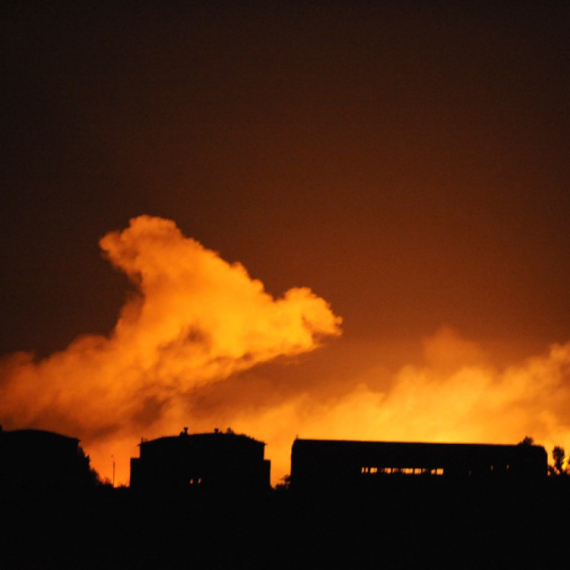
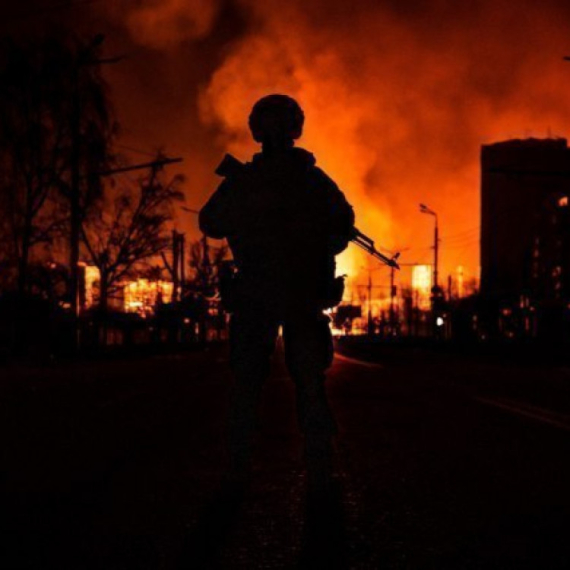
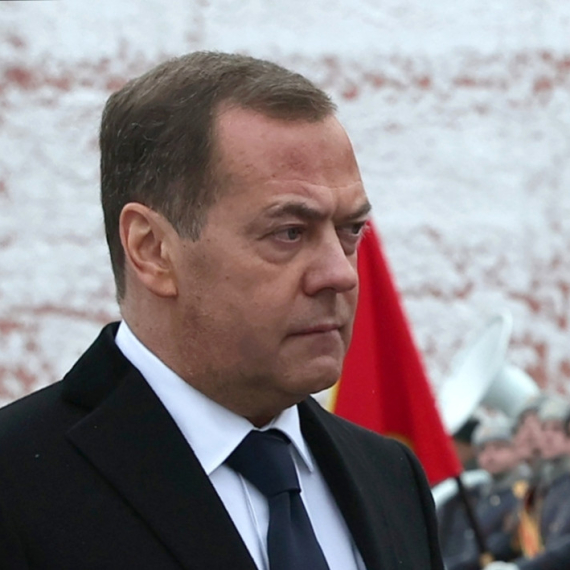

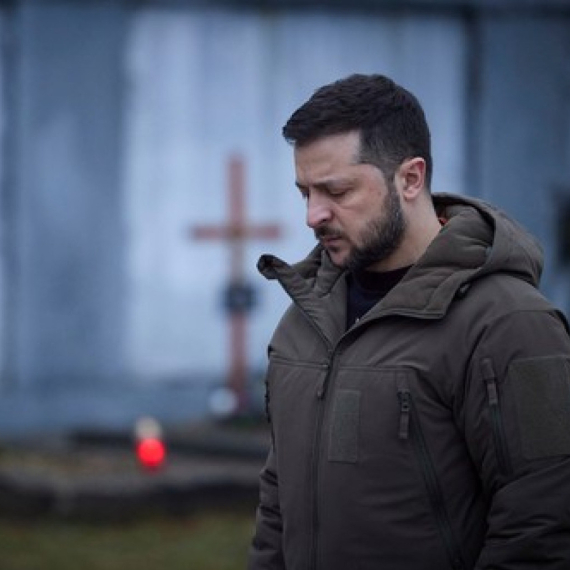




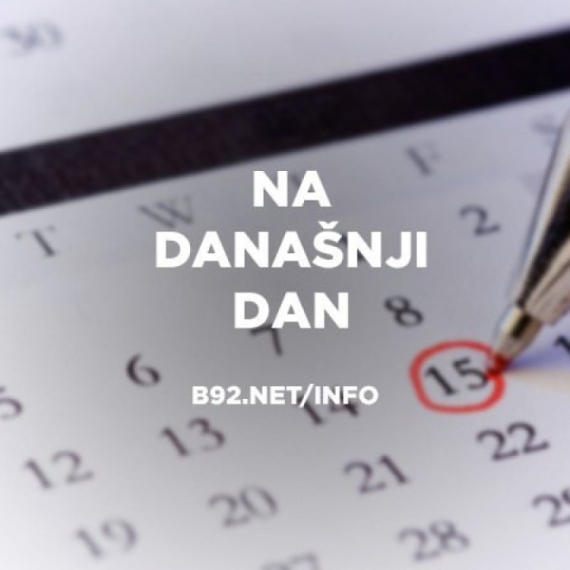


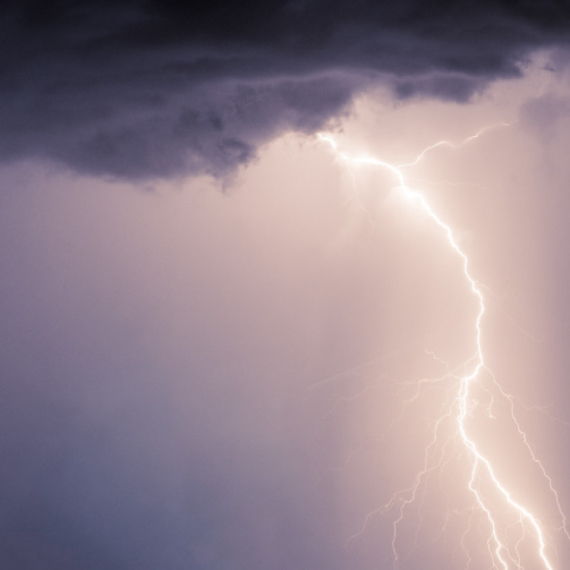





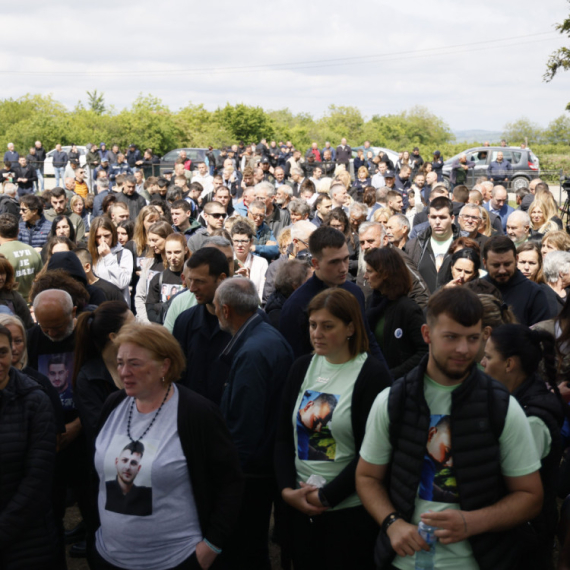

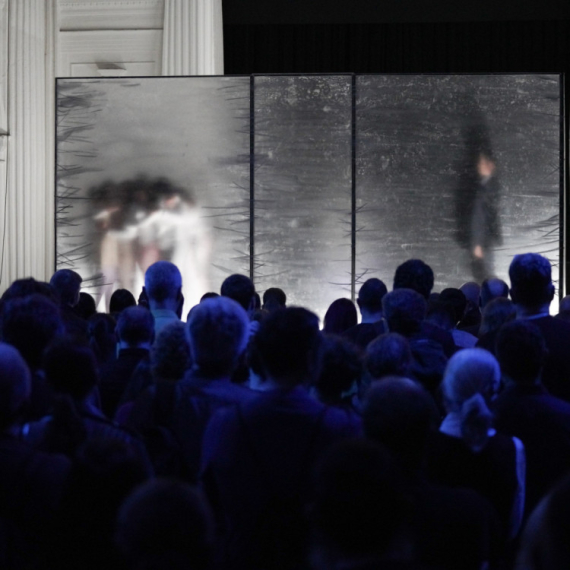
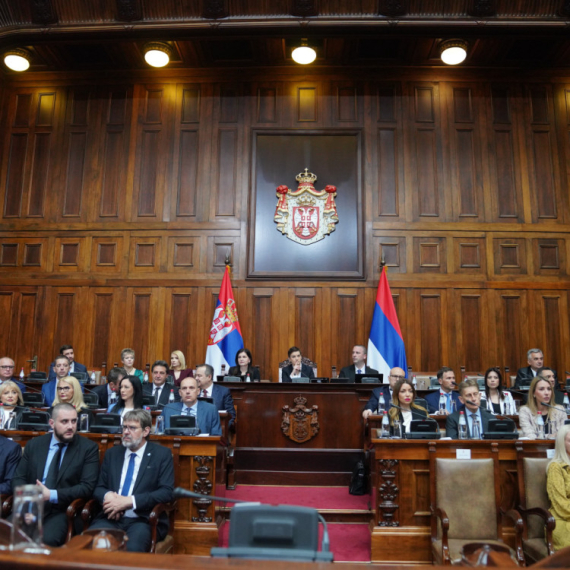

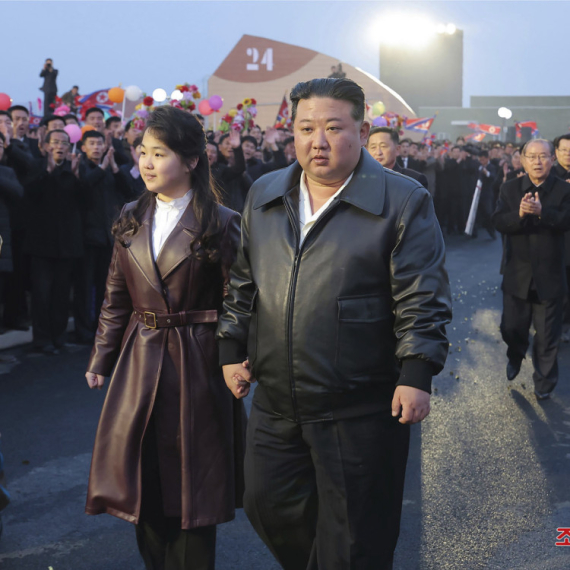

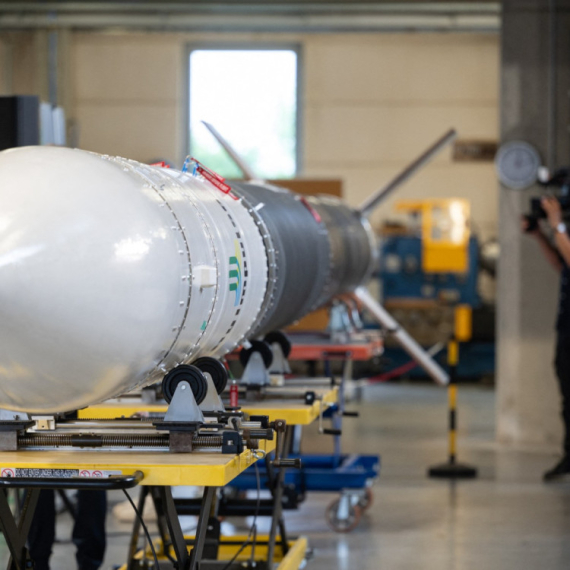
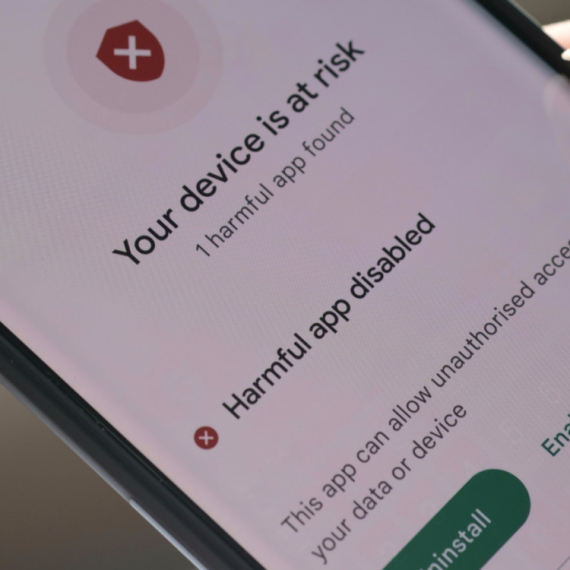
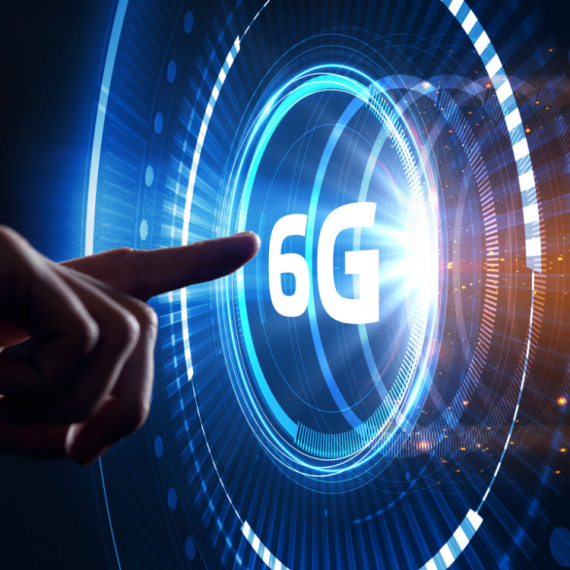





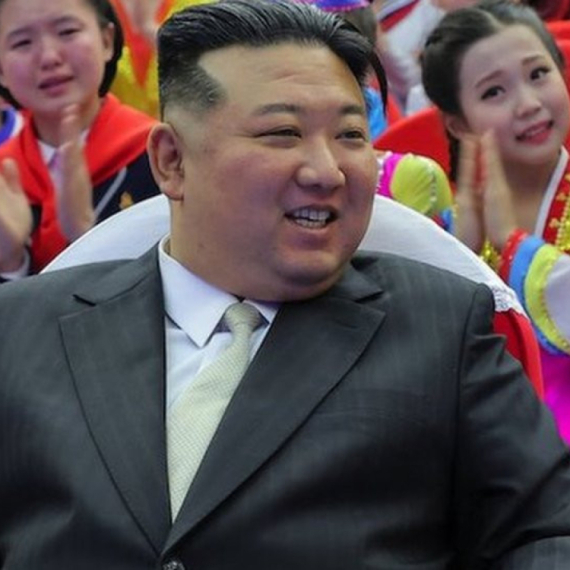
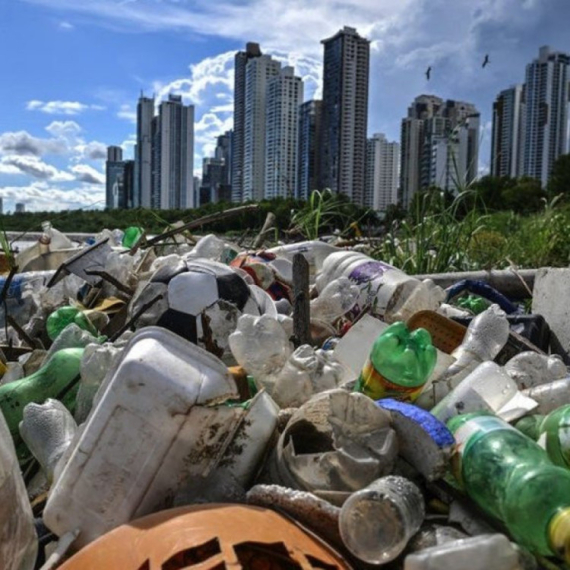
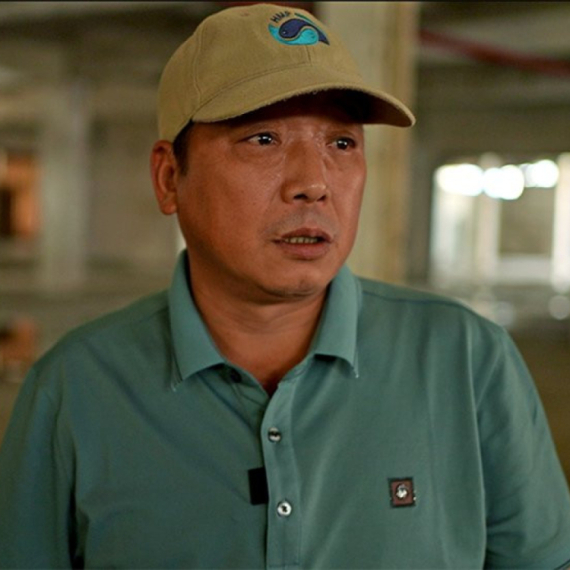



Komentari 2
Pogledaj komentare